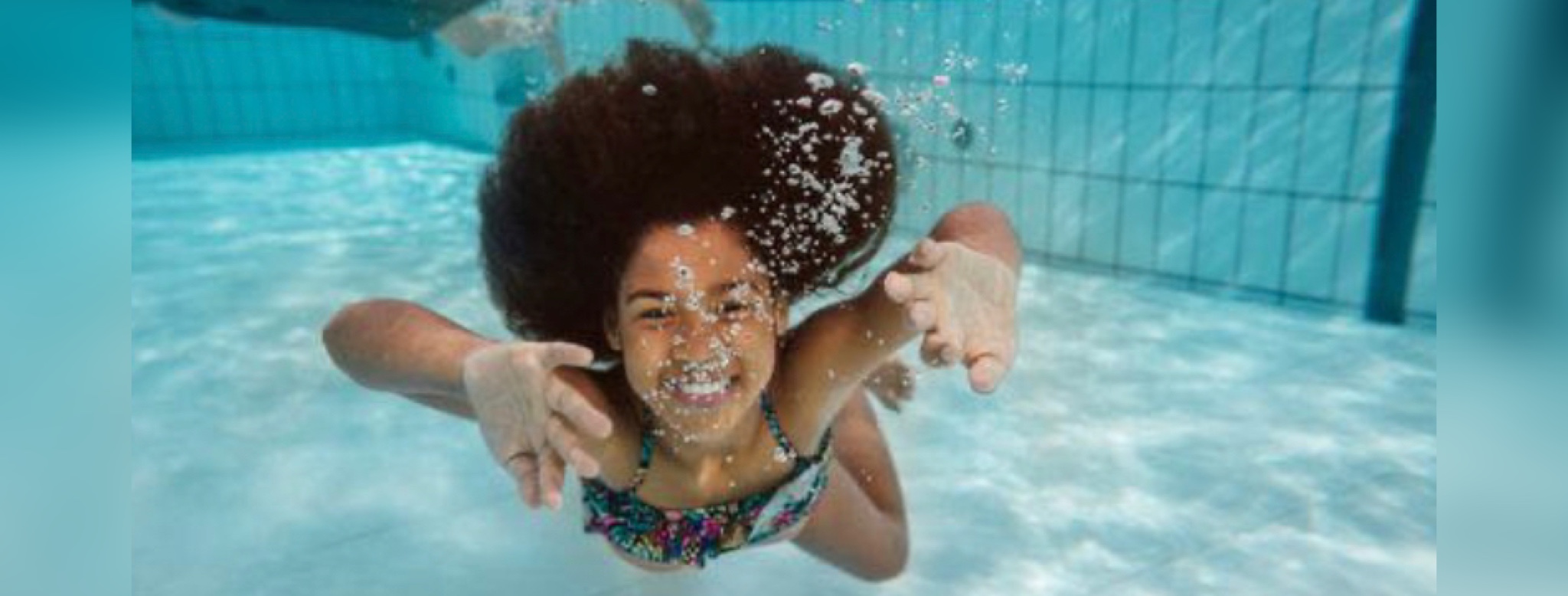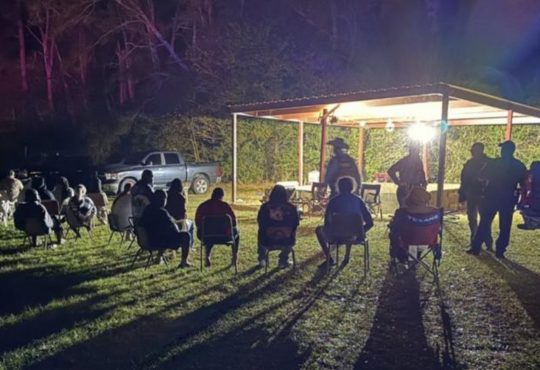
Charlie Dobson had a natural born fascination with water.
Dobson expressed her desires as “I just wanted to be in the pool with the other kids,” she said. “I became so focused, so motivated.”
Growing up, it became customary for Dobson to have Black swimming instructors. She believed that most Black children swam. As she grew older, she noticed swimming wasn’t popular with most black children.
Dobson’s mother made the decision that both her children would learn to swim at a young age. When Dobson was 13, she was already helping her swimming instructor with classes, and by age 16, she was instructing swim classes solo.
“Research consistently shows Black youth ages 5 to 19 drown in swimming pools at a rate more than six times that of white children,” according to a nonprofit organization that offers a swim scholarship program to expose Black children to swimming.
“This public health disparity is due largely to decades of segregation and exclusion from public pools and beaches.”
Dobson had a deep passion for swimming, but ultimately she walked away from this sport. Dobson pursued track and field sports until she concluded swimming was necessary training for track.
It’s during that time, she discovered that it was time to (introduce) more Black children to swimming.
“Swimming is a time [when] I can really hear God for myself,” Dobson said. “During one of my practices, I had a vision of me teaching again. The vision was so strong that I could see a lot of kids around me and a vision of me putting them in water.”
She launched We Swim Aquatics, LLC., a program where she has taught more than 100 people to swim. She currently has 80 students enrolled in group or private lessons, and she consistently has a waiting list. Approximately 95% of her clients are Black.
“I knew it could be a need, and I knew the representation aspect of it.” Dobson said of the lack of Black swim instructors. “What I’ve been learning, that’s one of the reasons why people steer away from swimming. I knew me being in that position was just an open door for Black people to feel welcomed in the water.”






